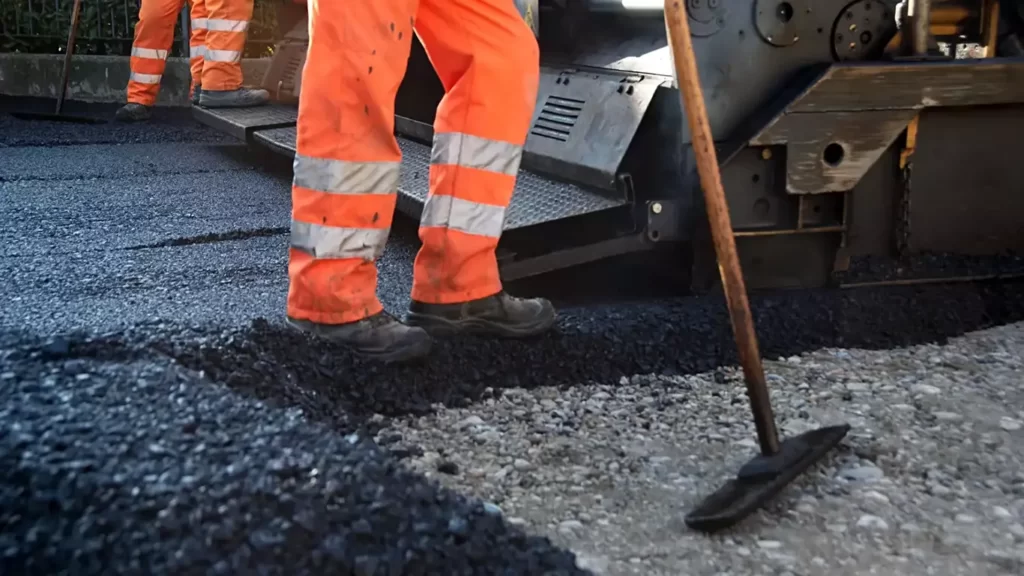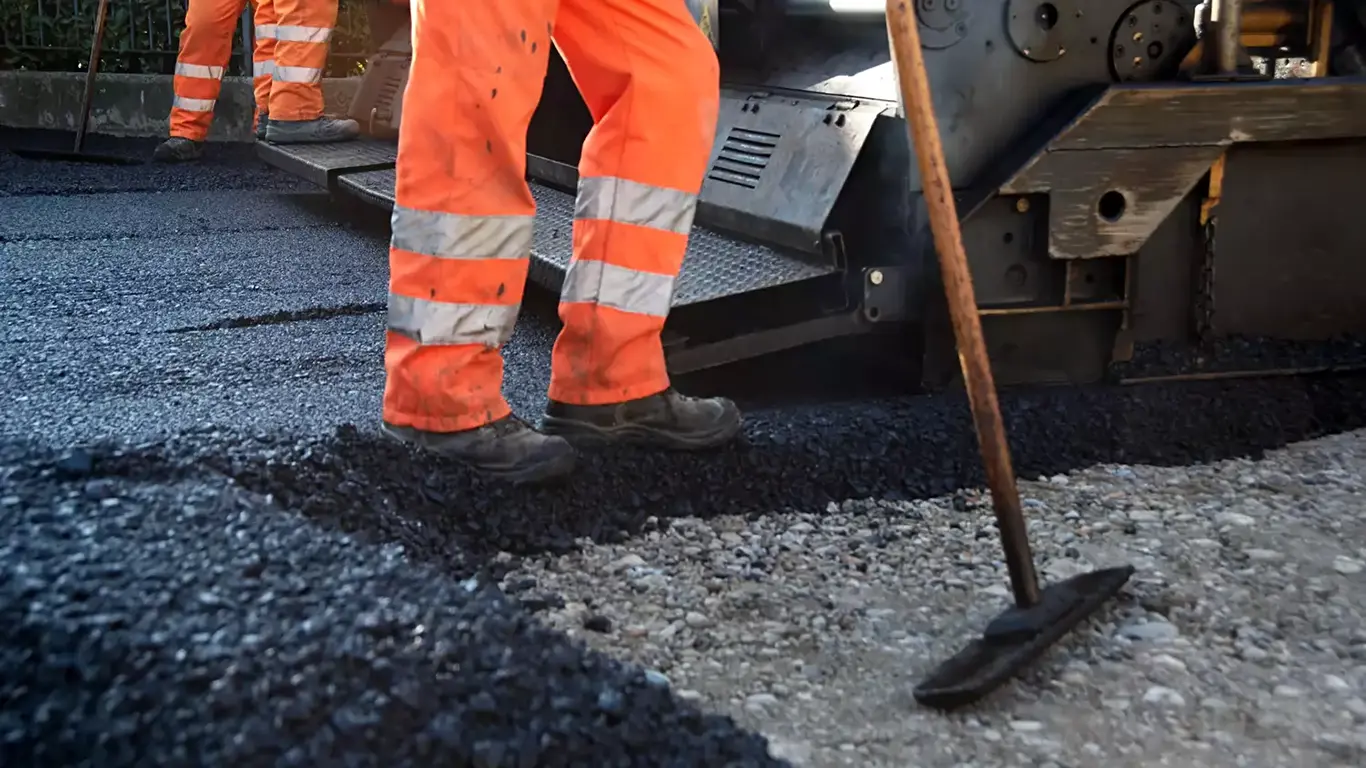Asphalt, also known as asphaltic concrete or bituminous concrete, is a versatile material composed of coarse and fine aggregates (crushed rock), filler (dust and/or hydrated lime), and bitumen. The process involves heating and mixing these components in a batching plant to create a hot and robust mixture. Additionally, specialized materials can be incorporated during the production process to achieve asphalt with specific functions and enhanced properties.
Some of the additives used in asphalt production include liquid adhesion agents, red oxide for coloring, polymer modifiers, multigrade binders, and bitumen modifiers to alter viscosity. Furthermore, fibers, such as Kevlar, can be added to improve the fatigue and deformation characteristics of the asphalt.
On the Main Roads WA network, various types of hot mixed asphalt are utilized, each serving distinct purposes:
Dense Graded Asphalt (DGA)
This is the most common type of asphalt and provides excellent structural strength and resistance to deformation.
Open Graded Asphalt (OGA)
Designed to drain water through the asphalt layer, OGA is used in high-speed applications, hilly terrains, and locations where effective water drainage is crucial for road safety.
Stone Mastic Asphalt (SMA)
Similar to OGA, SMA has a high proportion of dust and binder content, leading to improved fatigue life. It features a textured surface but does not drain water through its layer like OGA.
Cold Mix Asphalt: Patching and Repairs
Cold Mix Asphalt Concrete offers an alternative approach, produced by emulsifying the asphalt with a blend of cutter products before mixing it with the aggregate. Cutters are mixtures of Diesel, Jet A1 (aircraft fuel), or commercially produced oils like peanut oils. In its emulsified state, the asphalt becomes less viscous, making it easy to work and compact. As the emulsion breaks and enough cutter evaporates, the cold mix adopts the properties of cold Hot Mix Asphalt (HMA).
Cold mix asphalt is commonly used as a patching material for repairs, including potholes, and is suitable for lesser trafficked service roads.
In conclusion, understanding the different types of asphalt and their applications is crucial in ensuring the longevity, safety, and efficiency of road construction and maintenance projects. Whether it’s the robust hot mixed asphalt varieties or the convenient cold mix for patching, the right choice of asphalt contributes significantly to the development and upkeep of a well-connected and reliable road network.




